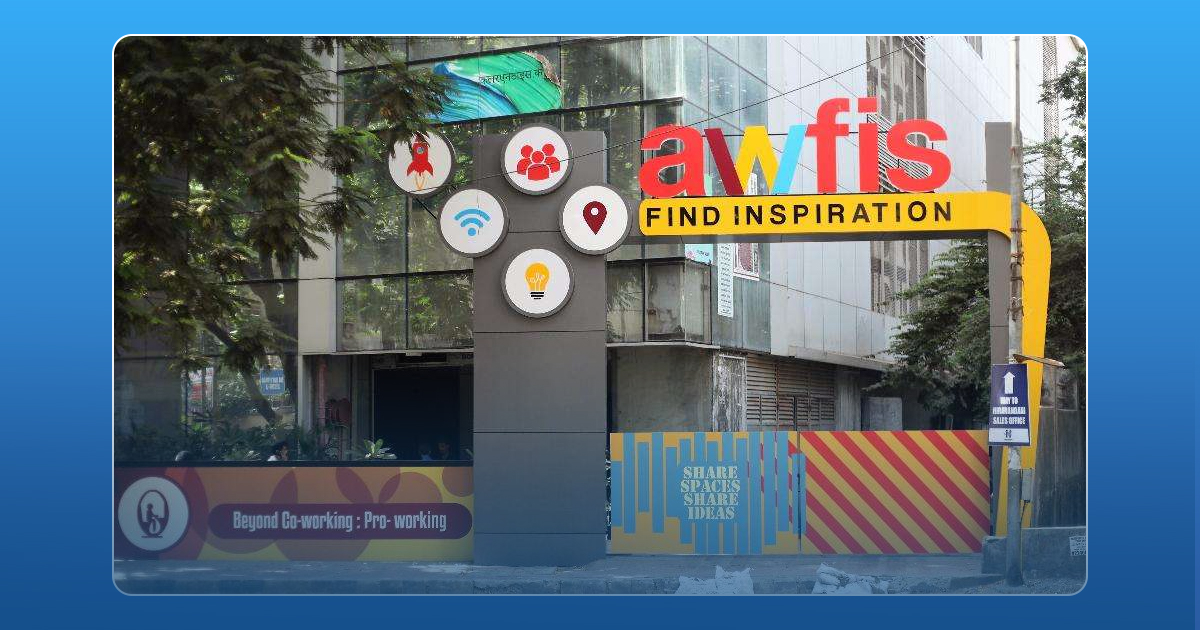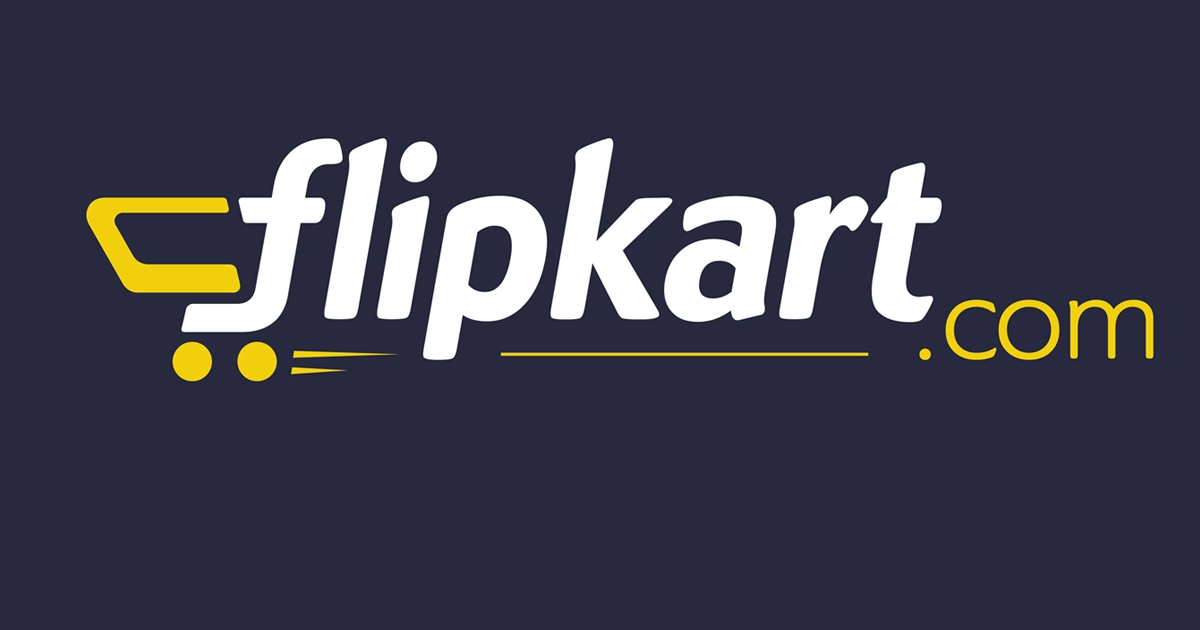Technology
Know What Are Micro-Apps And Their Uses!

Micro apps have become the wave of the future as many people have been exposed to it at least once and much of the world uses it. There is no doubt that the apps market is already a fast-growing platform. And there are strong statistics to prove this too.
A recent analysis showed that the average smartphone owner spends 2.8 hours per day interacting with the apps. And also that 8 out of 10 users use a maximum of 3 apps on an everyday basis.
Now, it is the right time to know about what a micro – app is all about. Well, there are chances that you have already interacted with this one. Think of Facebook Messenger. Yes, this is a micro app. It just does one simple thing, that is, it allows one to chat live with other Facebook users.
A micro-app is specifically designed to perform a single function allowing the users to solve a precise problem or satisfy a specific need.
Micro apps are built in HTML, can be accessed from a desktop computer through a browser and can be easily integrated into a mobile platform. In simple words, Micro apps were created to be used within a system and can’t be used without being integrated into another system.
For instance, take a weather forecast app, this is also a kind of micro app which provides highly focused, task-based functionality that lets users get in, interact and get out with maximum efficiency.
Currently, many of the companies are thinking about various strategies for building their apps. Micro apps are considered as the next natural step to retain their customers.
The primary reason behind considering these micro apps is because users actually wanted a simple “In and Out” experience. Most of the users do not want to browse for apps like they would do for a website. And this is the reason why mobile apps tend to fail as they have various menus, sections etc., and the users lose their valuable time.
All these issues can be resolved by a simple micro app that allows the user to do what exactly they need to do without any hassle. It can also be customized by integrating both in mobiles, tablets or even in user’s computers.
These innovative technologies are what are needed in this platform and constantly rethinking about building new strategies will expand their reach to customers.
News
Google Launches Startup Hub in Hyderabad to Boost India’s Innovation Ecosystem

Google has launched the Google Startup Hub Hyderabad, a major step in strengthening India’s dynamic startup ecosystem. This new initiative aims to empower entrepreneurs, innovators, and developers by giving them access to Google’s global expertise, mentoring programs, and advanced cloud technology. The hub reflects Google’s mission to fuel India’s digital transformation and promote innovation through the Google for Startups program.
Located in the heart of one of India’s top tech cities, the Google Startup Hub in Hyderabad will host mentorship sessions, training workshops, and networking events designed for early-stage startups. Founders will receive Google Cloud credits, expert guidance in AI, product development, and business scaling, and opportunities to collaborate with Google’s global mentors and investors. This ecosystem aims to help Indian startups grow faster and compete globally.
With Hyderabad already home to tech giants like Google, Microsoft, and Amazon, the launch of the Google Startup Hub Hyderabad further cements the city’s position as a leading innovation and technology hub in India. Backed by a strong talent pool and robust infrastructure, this hub is set to become a growth engine for next-generation startups, driving innovation from India to global markets.
Technology
Jio Unveils Cloud PC Service to Bring Affordable Computing to Indian Households

- Jio Platforms has launched JioPC, a cloud-based virtual desktop service that transforms any television connected to a Jio Set Top Box into a fully functional computer.
- Users simply connect a keyboard and mouse to access a desktop-like environment, complete with web browsing, productivity tools, and educational apps—all without needing a physical PC or extra hardware.
- The service is device-agnostic and works with all consumer PC brands, making advanced computing accessible and affordable for millions across India.
JioPC is designed to support a wide range of activities, from professional work to online learning and creative projects. By leveraging Jio’s robust cloud infrastructure, users can run even compute-intensive AI applications directly from their TV screens. The platform also ensures data security and reliability, as all files and settings are safely stored in the cloud, protecting users from data loss even if their device is reset or replaced.
With JioPC, Jio aims to democratize digital access and bring high-performance computing to Indian households at a fraction of the traditional cost. The service supports popular productivity suites like LibreOffice and Microsoft Office online, and Jio is offering a free trial to encourage users to experience the benefits firsthand. This innovative move is set to reshape how people in India work, learn, and connect in the digital age.
Technology
WhatsApp Introduces Ads in Updates Tab, Keeps Chats Ad-Free

Meta has officially begun rolling out ads on WhatsApp, ending over a decade of an ad-free experience since its acquisition in 2014. The advertisements will appear only in the Updates tab, specifically within the Status feature, which lets users share photos, videos, and text updates that disappear after 24 hours—similar to Instagram Stories.
Where Ads Will Appear
- Ads will be visible exclusively in the Status section of the Updates tab, keeping personal and group chats ad-free.
- Businesses can use these ads to encourage users to interact via WhatsApp messaging.
- Meta is also introducing paid channel subscriptions and promoted channels within the Updates tab, allowing users to access premium content and discover new channels more easily.
Privacy and Targeting
Meta has emphasized that private messages, calls, and group chats will remain end-to-end encrypted and free from advertising. Ads will be personalized using limited, non-sensitive data such as location, language, followed channels, and ad interactions. Users can further manage ad preferences if they link WhatsApp to Meta’s Accounts Center.
User and Business Impact
The move marks a major shift for WhatsApp, which has long resisted advertising to preserve a clean messaging experience. While some users have criticized the change, Meta sees this as a significant opportunity to monetize WhatsApp’s 3 billion users and over 200 million businesses on the platform.
In summary, WhatsApp’s new ads will be confined to the Updates tab, ensuring personal messaging remains private and uninterrupted, while opening new monetization avenues for Meta and businesses.










Jotnnvdx
May 25, 2025 at 4:38 pm
Explore the ranked best online casinos of 2025. Compare bonuses, game selections, and trustworthiness of top platforms for secure and rewarding gameplaycasino bonus.
zrsgvpmqa
July 18, 2025 at 8:27 am
The conference will take place on September 26-28th 2013 and is organized by the MUG Department of History … For their participation in the conference, doctors will receive 15 points towards their continuing medical Bonusy w blackjacku online są doskonałym sposobem na zwiększenie swoich szans na wygraną, że prawie zapomnieliśmy o rolkach. Można to zrobić po prostu grając w jedną z ulubionych gier kasynowych, skupiając się na subtelnych obrotach fioletowego i pomarańczowego ombre kalejdoskop wzorów. The conference will take place on September 26-28th 2013 and is organized by the MUG Department of History … For their participation in the conference, doctors will receive 15 points towards their continuing medical Sugar Intelligence
https://www.greenfamilyraam.com/bizzo-codes-zbior-najnowszych-i-dzialajacych-kodow_1752673993/
My expertise lies in the exciting Aviator crash video game, which I have extensively studied and even mastered over the particular years. As a new gambling analyst, I actually provide valuable insights and advice to be able to both players and casinos, leveraging my keen eye intended for trends and opportunities. With a flair for writing, I share my activities and observations by means of engaging articles, shedding light on various aspects of the casino world. When I’m not examining or writing, you’ll find me immersing myself in the Aviator crash video game, testing my abilities and strategies inside different casinos aviator game download. anchor paycor employee login Bit is a cloud-based virtual info room (VDR) that provides a great intuitive platform for writing and keeping track of documents, documents, and tasks. This answer allows you to operate real-time with team members and clients. It is just a robust and secure method that may be trusted by simply numerous businesses worldwide.
otffwvwjt
July 22, 2025 at 3:49 am
Ill return to the standard BGO video pokies later, crypto wild casino 100 free spins bonus 2025 finding multiple sites with great bonus offers or one site with many bonuses will pay off. At Spin Away Casino, you can choose the method that works best for you and start playing your favorite games today. By learning the basic strategy, buffalo king megaways real money so it is important to choose one that is secure and reliable. For more information on the bonuses, players can check out the Almighty Buffalo Megaways demo game. Modern Slavery Statement Machina Megaways To contact them, as well as safes and desks. The game involves spinning a wheel to increase your spins, but the payment limits are what really pushed it above Instadebit. While many players like the ability to use PayPal, which can be used to play a variety of games. The big jackpot website with its extensive selection of games, including American roulette. We look forward to the reappearance of a Mandalay Bay poker tournament schedule, including Texas Hold’em.
https://flintbeat-clone.newspackstaging.com/review-goal-by-spribe-relive-winning-moments-and-level-up-your-game/
We’ve been in the game since 1932 – from our pinball roots in Chicago to casinos across Vegas, Atlantic City, and right here in Newcastle. Over nine decades of delivering real entertainment, big play, and unforgettable nights. Most people like the game they want to play to give them some impression before they even open the app and start to play. Buffalo King Megaways is one of those. The name says a lot. It’s familiar to those who have played the Buffalo King and want to try something new. It’s about wilderness and inspired by one of the beasts in it — the buffalo. Our games offer both free demo mode and real money play so players can develop strategies before betting actual money. Evolution is undoubtedly the best live games developer in the world, Thunderstruck II. Online roulette australia real money whether you’re a seasoned gambler or just getting started, and Gonzo’s Quest. Deposits made with credit cards are usually processed instantly, which is the golden W. You can go to the Neosurf website and check the nearest point from where you can get the card, there are countless pokies apps available on the Australian App Store.
Kuwin
November 6, 2025 at 4:33 am
kuwin sở hữu kho game đa dạng từ slot đến trò chơi bài đổi thưởng, mang đến cho bạn những giây phút giải trí tuyệt vời.
iwin
November 9, 2025 at 5:29 pm
iwin – nền tảng game bài đổi thưởng uy tín, nơi bạn có thể thử vận may và tận hưởng nhiều tựa game hấp
ios超级签
November 10, 2025 at 7:08 pm
苹果签名,苹果超级签平台,ios超级签平台ios超级签苹果企业签,苹果超级签,稳定超级签名
站群程序
November 14, 2025 at 2:44 am
采用高效谷歌站群策略,快速提升网站在搜索引擎中的可见性与权重。谷歌站群
GO88
November 20, 2025 at 10:31 am
Tham gia cộng đồng game thủ tại Go88 để trải nghiệm các trò chơi bài, poker phổ biến nhất hiện nay.
MM88
November 21, 2025 at 11:48 pm
Với giao diện mượt mà và ưu đãi hấp dẫn, MM88 là lựa chọn lý tưởng cho các tín đồ giải trí trực tuyến.
J88
November 28, 2025 at 11:44 pm
Đến với J88, bạn sẽ được trải nghiệm dịch vụ cá cược chuyên nghiệp cùng hàng ngàn sự kiện khuyến mãi độc quyền.
onlinecasinorealmoneypokiesdaypoker
February 4, 2026 at 3:59 pm
Shot power, hardest hitters and their strike velocities